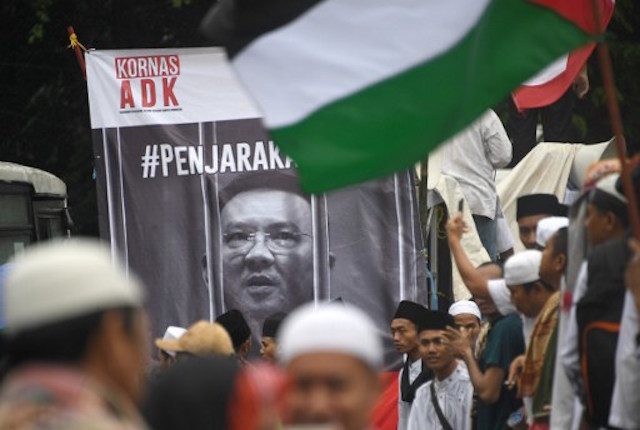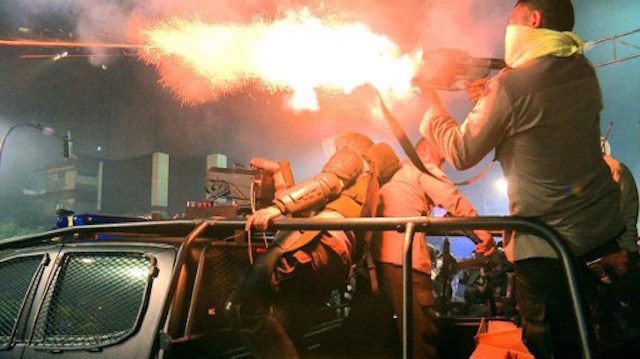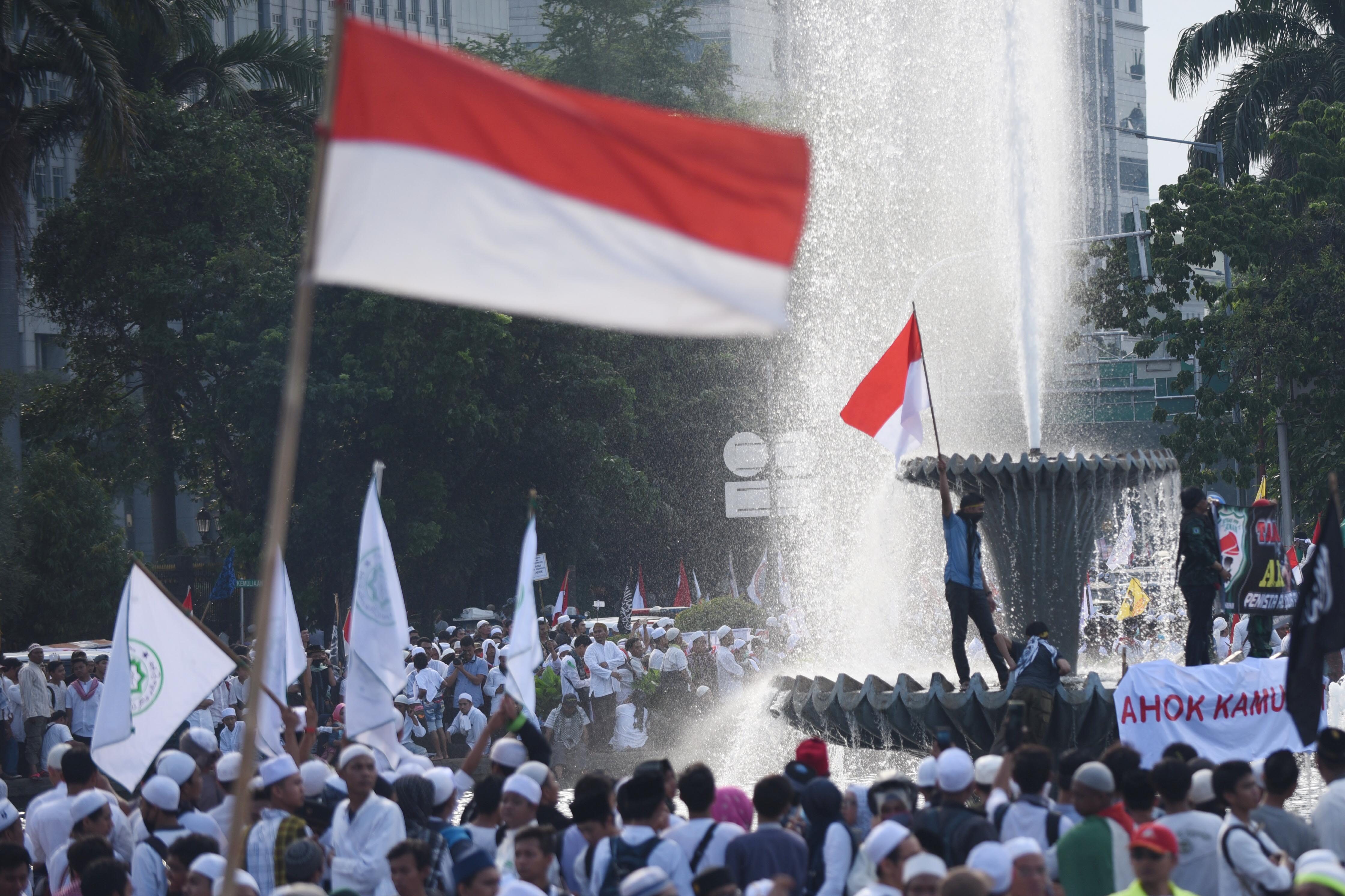SUMMARY
This is AI generated summarization, which may have errors. For context, always refer to the full article.

Jakarta’s Christian governor Basuki Tjahaja Purnama, better known as Ahok, is being prosecuted for blasphemy, an offense that carries a 5-year jail term in Indonesia, over remarks he made about the Koran.
(READ: Indonesia faces test of religious tolerance as Jakarta’s governor faces blasphemy trial)
The comments sparked widespread anger in the world’s most populous Muslim-majority country and the case is now seen in part as a test of religious tolerance in Indonesia.
But critics say it is also about politics as the governor’s foes whip up anger to reduce his support.
1. Who is on trial?
Ahok is Jakarta’s first non-Muslim governor for half a century and a member of the country’s tiny ethnic Chinese minority.
The 50-year-old has won huge popularity with his no-nonsense style and determination to clean up Jakarta, an overcrowded, disorganized and polluted metropolis of 10 million.
But he has also faced constant opposition from conservative Islamic groups, who dislike a non-Muslim being in charge of Indonesia’s capital.
He is running for election in February.
2. How did this start?
During a campaign stop in September, Ahok told a crowd they had been “deceived” by his opponents who used a Koranic verse to try to put them off voting for a Christian.
The speech went viral, angering moderate and conservative Muslims alike who considered the remarks offensive.
Ahok apologized but Indonesia’s top Islamic clerical body declared the remarks blasphemous.
In November more than 100,000 Muslims swarmed Jakarta in one of the largest mass demonstrations seen in the capital in years as some Islamic groups burnt cars and clashed with police, demanding Ahok face justice.

President Joko “Jokowi” Widodo vowed to swiftly resolve the case, and police officially declared Purnama a suspect for blasphemy.
3. Why blasphemy?
Indonesia’s constitution guarantees freedom of religion but officially only 6 faiths are recognized.
Under tough laws dating back to 1965, anyone who insults these religions or deviates from their beliefs can be charged with blasphemy and jailed.
Critics say today the laws are exploited to persecute minorities, like Shia and Ahmadi Muslims, and in some cases, even atheists have fallen foul of the legislation.
In 2012, a man was sentenced to 2-and-a-half years prison for writing “God does not exist” on Facebook.
4. Who else is involved?
The race to run Jakarta – Indonesia’s financial and political capital – has been a launch pad for the presidency and is always closely watched.
But this election, fueled by the blasphemy controversy, is shaping up as a key battleground for Indonesia’s most powerful political factions.
Purnama is running against two Muslim opponents: the son of former president Susilo Bambang Yudhoyono, and a popular ex-education minister backed by 2014 presidential runner-up Prabowo Subianto.
Another key player is the Islamic Defenders Front (FPI), a hardline Muslim group that has spearheaded the grassroots campaign against Purnama. Their political heft and credentials as moral enforcers has been burnished by the scandal.
5. What next?
The FPI and other Islamic groups have vowed to maintain pressure until Ahok is prosecuted.
While rights groups fear the campaign against Ahok could further erode Indonesia’s reputation for pluralism and have urged police to drop the case.

Ahok too is feeling the pressure.
He has blamed “political actors” for the instability and staged high-profile visits with military and political leaders to broadcast an image of control.
But in the hours before a December rally, 10 people were detained on murky allegations of treason. – Rappler.com
READ MORE:
Add a comment
How does this make you feel?
There are no comments yet. Add your comment to start the conversation.